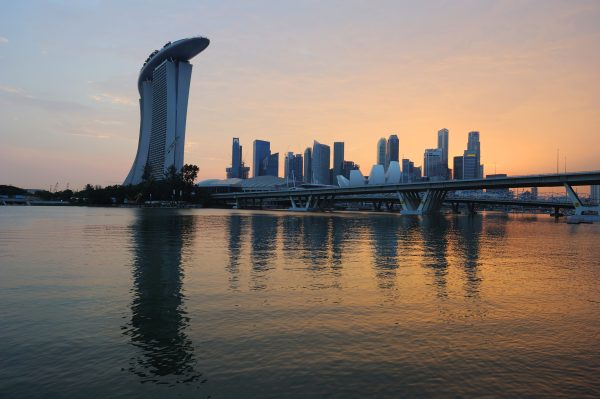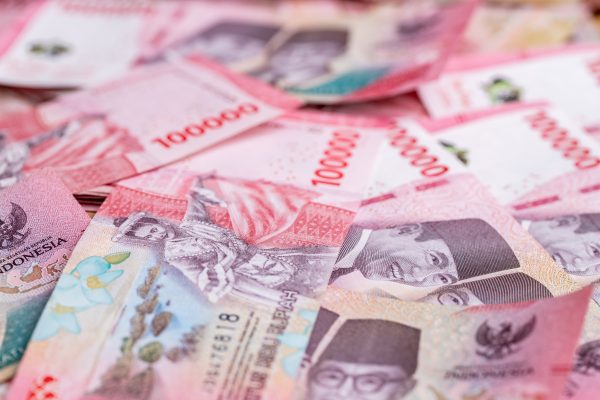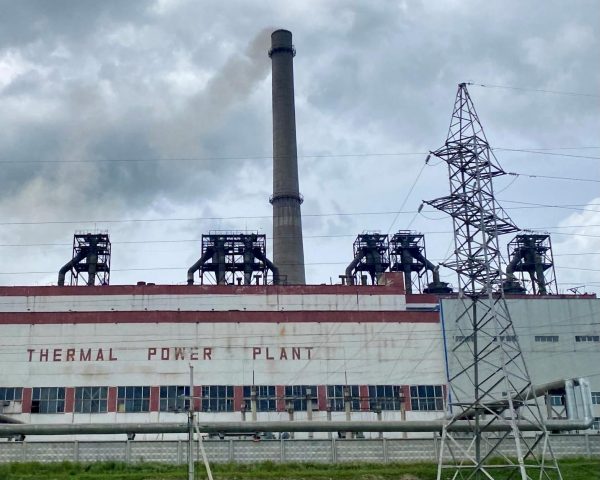2024 was an eventful year in ASEAN. Clean energy had its ups and downs across the region, tourism and travel continued their slow recovery toward pre-pandemic levels, and countries like Thailand pushed ahead with big fiscal spending packages. Nevertheless, if we look back on 2024 and try to pinpoint the most noteworthy developments it really comes down to one story: protectionism and economic nationalism are on the rise, and it doesn’t seem like they are going away anytime soon.
There are actually two parts to this story. The first involves states attempting to boost domestic manufacturing by intervening directly in the market through fiscal and tax policy. Thailand has been quite active here, offering generous subsidies to consumers who purchase electric vehicles, and attractive terms to foreign companies that invest in local EV production. In fact, the policy has been so successful that the Thai market is now at risk of becoming over-saturated with EVs, mainly from Chinese companies.
The second is the expanded use of trade tools, such as tariffs and bans, to protect domestic industry and undercut foreign competitors in pursuit of industrialization. We have seen an uptick in this kind of protectionism this year, with Indonesia leading the pack. In 2024, the ban on nickel ore exports to boost downstream industrialization continued apace, with the state now looking to acquire more direct ownership of nickel smelters.
Indonesia has also been aggressively using market access to try and secure better terms of investment and trade from foreign counterparts. The Ministry of Trade is blocking the latest iPhone from the Indonesian market unless Apple makes concessions on investment commitments. Chinese e-commerce platforms have received the same treatment, with Indonesian regulators keeping low-cost retailers like Temu out of the market. Vietnam also banned Temu a few weeks ago, which shows that using trade and market access in this manner is becoming increasingly normalized around the region.
This is obviously not a uniquely Southeast Asian phenomenon. The United States is pursuing its own industrial policy with the CHIPS and Inflation Reduction Acts. The re-election of Donald Trump should remove any doubt that the general thrust of American policy is now bending toward domestic interests at the expense of a free and open system of global trade. And China has obviously been using various levers of trade and industrial policy for many years to drive economic growth, most recently looking to supercharge manufacturing to help offset weakness in other sectors.
Rising protectionism and economic nationalism in Southeast Asia should be seen as a response to this larger global trend. In both Indonesia and Vietnam, for instance, the rationale for banning Temu is that Chinese consumer goods are entering the market at such low prices that local businesses cannot compete. By banning Temu, Indonesia and Vietnam are saying they will no longer absorb surplus Chinese production if it comes at the expense of domestic economic interests. The message is clear: local businesses and consumers are the priority and the state will use a wide range of tools to protect them.
Economic nationalism is hardly a new trend. Indonesia and others in the region have been tilting toward more state intervention in markets for several years now, especially when it comes to commodities, natural resources and strategic industries. The writing has been on the wall that the global economy and the region are moving toward a more nakedly transactional and inward-looking approach to economic development.
Nevertheless, there are still commentators who will argue that Southeast Asia remains fundamentally committed to free trade and that the rise of economic nationalism is ephemeral. It’s true that countries in the region are open to trade and investment when it suits their purposes, but it is also true that they are willing to intervene in markets, forcefully if necessary, when they believe that doing so is in the national interest. 2024 is the year, in my mind, where it became impossible to ignore this reality and that is why I think it was the biggest story of this past year.





















Discussion about this post